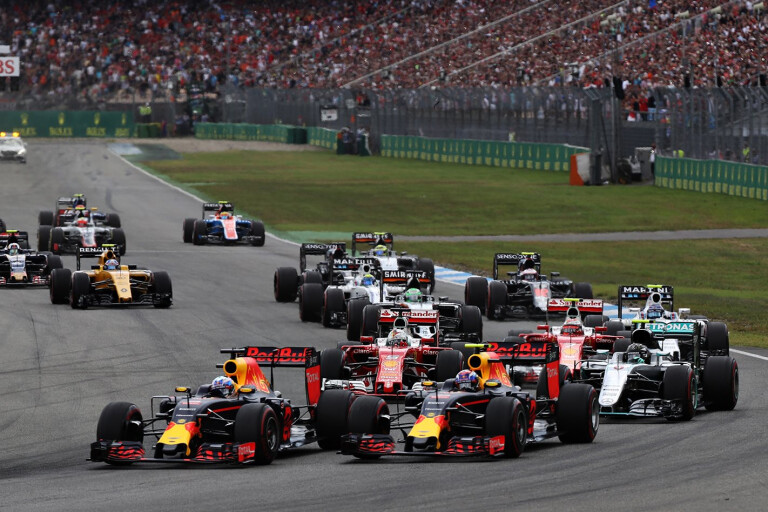
Renault still down on power compared to Mercedes and Ferrari
But Red Bull optimistic it will soon be in terms with rivals in the power battle
Red Bull boss Christian Horner has conceded that despite recent updates this year his team’s Renault power unit still lags about 35kW behind the benchmark Mercedes.
Horner expects this gap to shrink as Renault inexorably refines its current hybrid design.
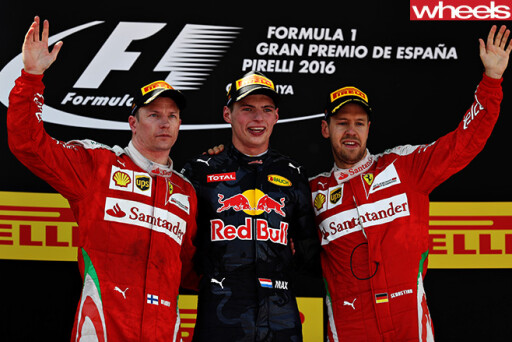 The French manufacturer introduced a new power unit spec for the 2016 season, and then upgraded the spec for the Monaco GP when it suggested it delivered a half-second improvement in lap times.
The French manufacturer introduced a new power unit spec for the 2016 season, and then upgraded the spec for the Monaco GP when it suggested it delivered a half-second improvement in lap times.
The stronger engine and Red Bull’s acknowledged best-on-grid chassis has propelled Daniel Ricciardo and Max Verstappen past the Ferraris to a point where it is generally regarded as second-quickest after the Mercs.
Horner has praised his engine partner – a very different approach from the regular bollocking he delivered in Renault’s direction last season, but senses the Mercedes will be hard to match in output terms, which he puts at about 35kW in electrical energy output.
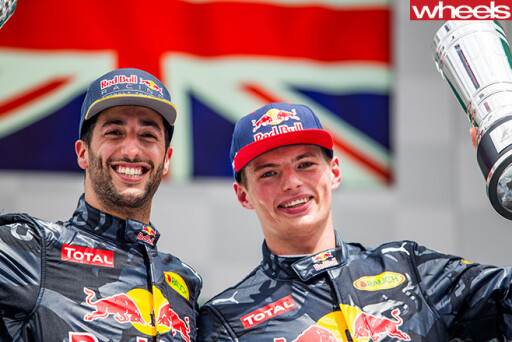 The Red Bull boss expects more notable improvements when the power unit is upgraded for the start of the 2017 season. Meanwhile there will be some progress with ongoing fuel, tuning and driveability work through the remainder of this season.
The Red Bull boss expects more notable improvements when the power unit is upgraded for the start of the 2017 season. Meanwhile there will be some progress with ongoing fuel, tuning and driveability work through the remainder of this season.
Horner reinforced the target of ensuring the engine works in harmony with the Red Bull chassis.
Ferrari drifts back to its status quo – a touch of chaos
Departure of technical director is sign of the old Ferrari volatility.
Okay, key engineering and design people are never absolute fixtures at F1 teams. The striving for competitiveness and the inevitable clash of egos and big personalities (and ideas) does means the occasional parting of the ways.
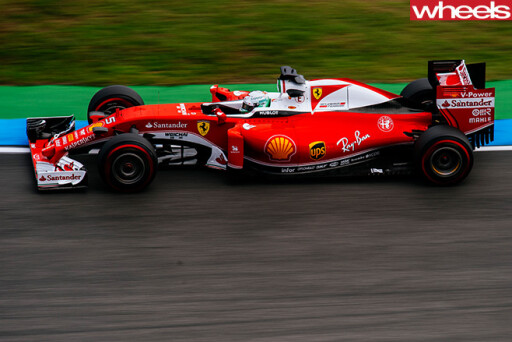 Still, the stability and success enjoyed by Ferrari in the Jean Todt-controlled era when Michael Schumacher ruled the world championship appears to be a fond and distant memory at Maranello lately.
Still, the stability and success enjoyed by Ferrari in the Jean Todt-controlled era when Michael Schumacher ruled the world championship appears to be a fond and distant memory at Maranello lately.
The parting of the ways with technical director James Allison has been described as a "joint decision". Though it is known he wants to spend more time with his family following the death of his wife earlier this year, some have suggested his exit bears some signs that the highly rated Briton was shoved out the door on the back of a winless (so far) 2016. Last year Ferrari scored three wins and optimism was rampant.
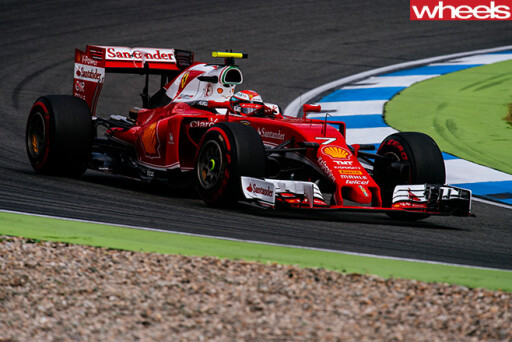 This year has been more than disappointing. Nothing other than their engines – always a strong suit – seem to be where they should be. There are issues with aero, and race strategy has been criticised, often by the drivers, the chassis is not the best, and politics and poor track performances are dominating media coverage.
This year has been more than disappointing. Nothing other than their engines – always a strong suit – seem to be where they should be. There are issues with aero, and race strategy has been criticised, often by the drivers, the chassis is not the best, and politics and poor track performances are dominating media coverage.
Sebastian Vettel is unhappy. He disparagingly questioned the team’s undercut strategy in Germany.
Allison, 48, rejoined Ferrari three years ago as part of a major restructure to return to winning ways. Previously he was also at Ferrari as head of aerodynamics during the Schumacher era, before returning to Renault where he was deputy technical director when Fernando Alonso won drivers’ titles in 2005 and 2006.
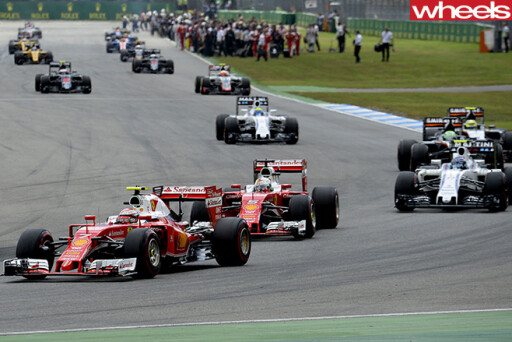 Mattia Binotto, the head of F1 power units, has been promoted to chief technical officer.
Mattia Binotto, the head of F1 power units, has been promoted to chief technical officer.
The shove out the door of their chairman, Luca di Montezemolo in 2014 has been followed by two changes of team principal in 12 months before the arrival of Maurizio Arrivabene.
Sometimes change is a very good thing. Only sometimes.

COMMENTS